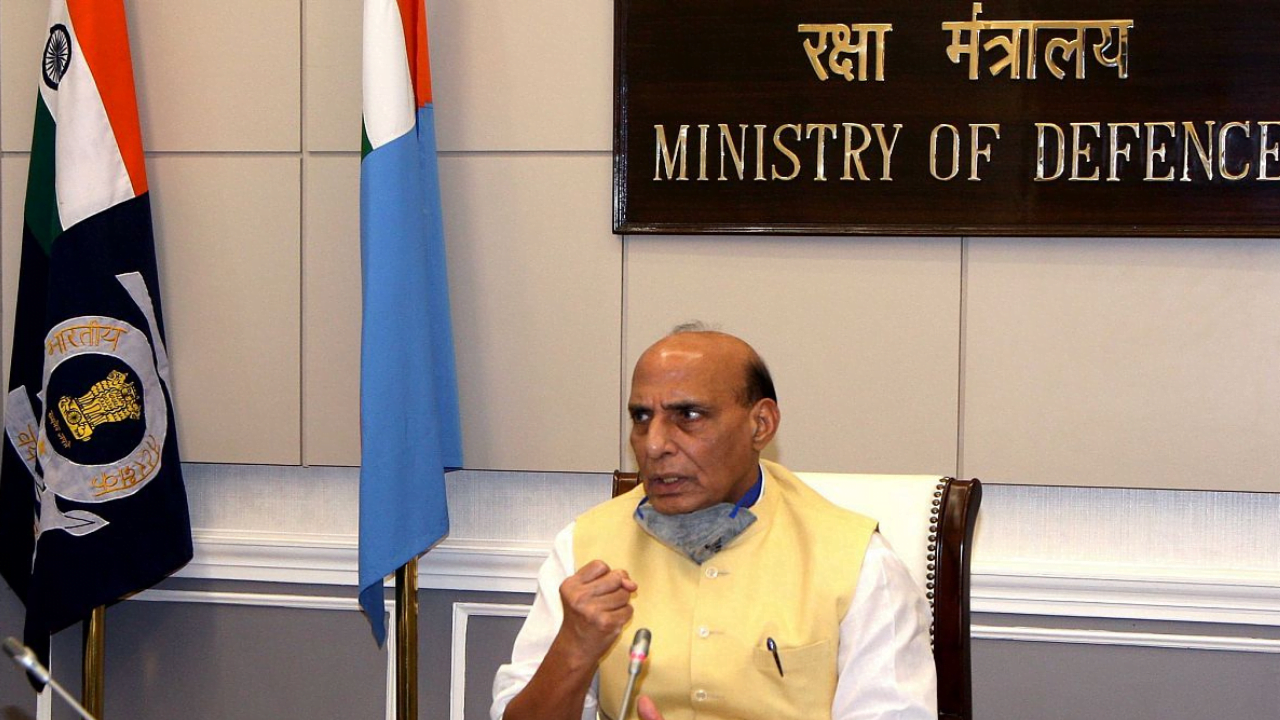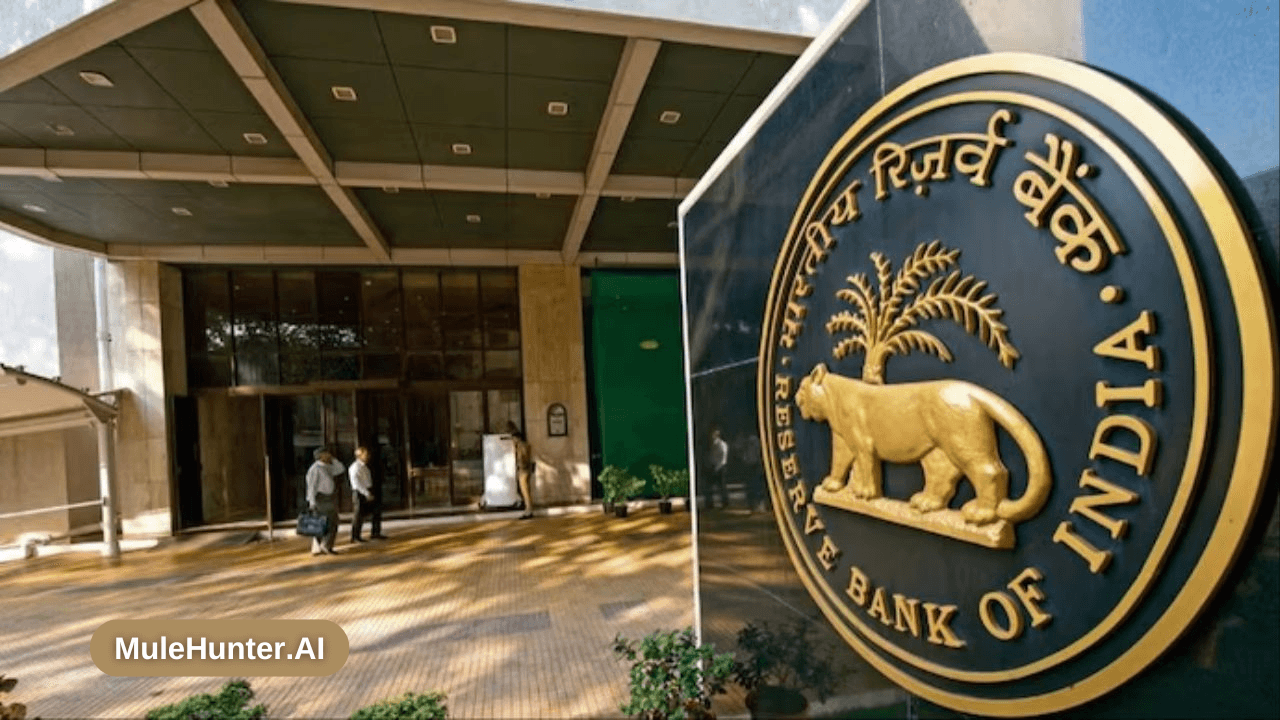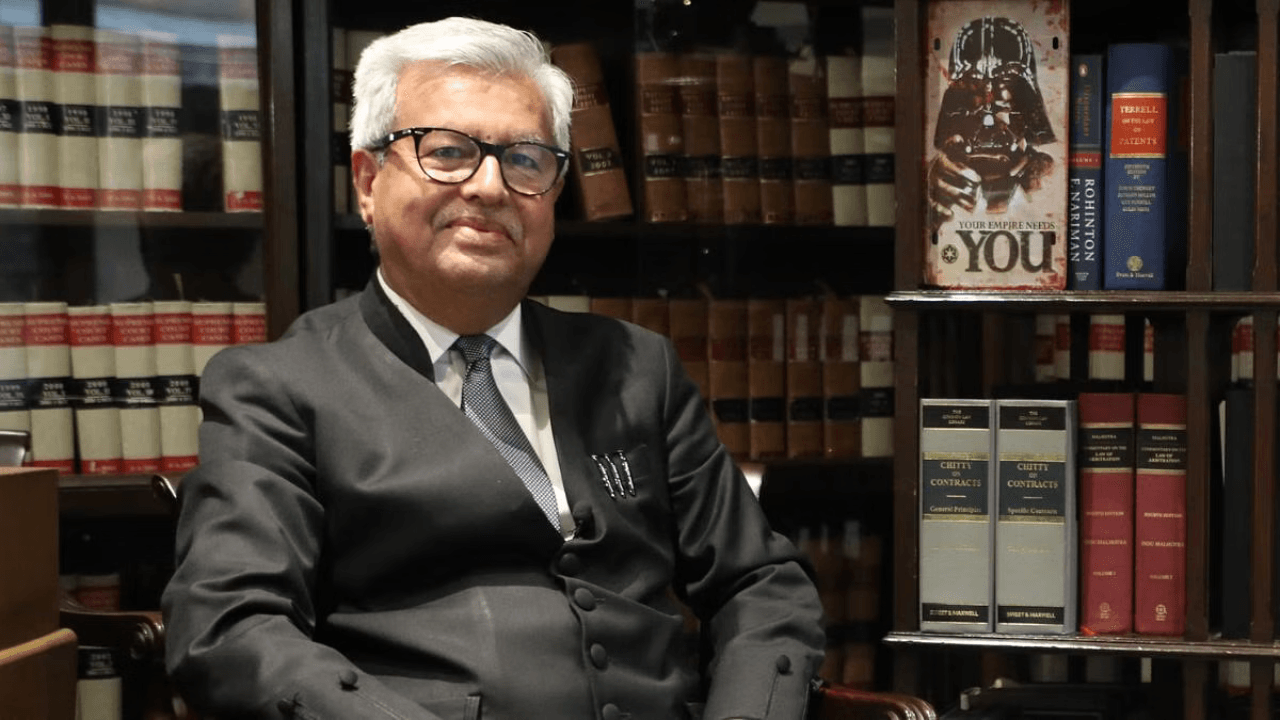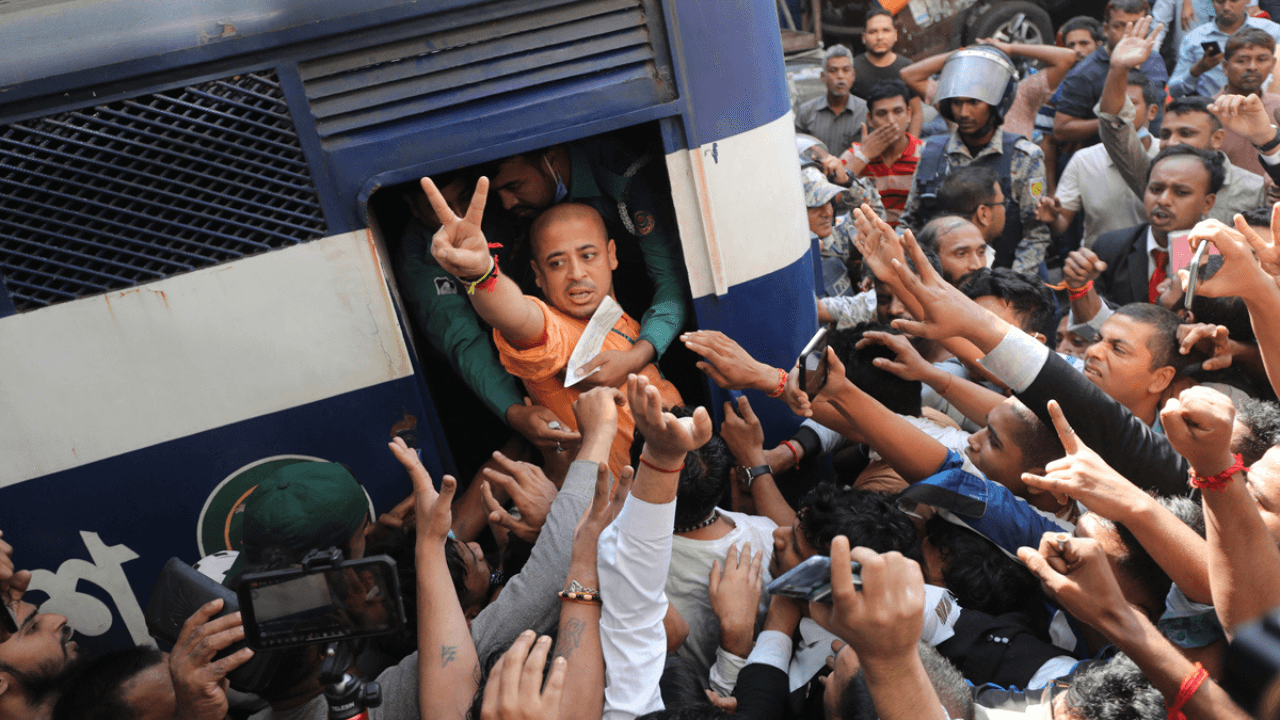Kollam, Kerala: Defence Minister Rajnath Singh, speaking at a public meeting in Kollam, referred to former Prime Minister Rajiv Gandhi’s statement about corruption in India. Singh quoted Gandhi as saying that a significant portion of funds allocated for development projects did not reach their intended beneficiaries due to corruption. Singh contrasted this with Prime Minister Narendra Modi’s https://dailyingest.com/wp-content/uploads/2023/09/Vicky-Kaushal.jpgistration, claiming that under Modi’s leadership, funds sent from Delhi’s bank now reach the people without any corruption.
In a related development, a recent report by NITI Aayog has shown progress in India’s fight against poverty. The report indicates that 24.82 crore individuals have escaped multidimensional poverty between 2013-14 and 2022-23, with a notable decline in the Poverty Headcount Ratio from 29.17% to 11.28%. The report attributes this achievement to the government’s initiatives to address various dimensions of poverty.
The report also highlights that states like Uttar Pradesh, Bihar, and Madhya Pradesh have recorded significant declines in the number of multidimensional poverty poor, indicating progress in reducing disparities among states. The pace of decline in poverty headcount ratio was particularly notable between 2015-16 and 2019-21 compared to the previous decade.
The release of this report is significant as India works towards achieving Sustainable Development Goal (SDG) Target 1.2 of reducing multidimensional poverty by at least half well before the 2030 deadline. It underscores the importance of evidence-based policies and programs to effectively tackle poverty and improve the quality of life for all citizens.












